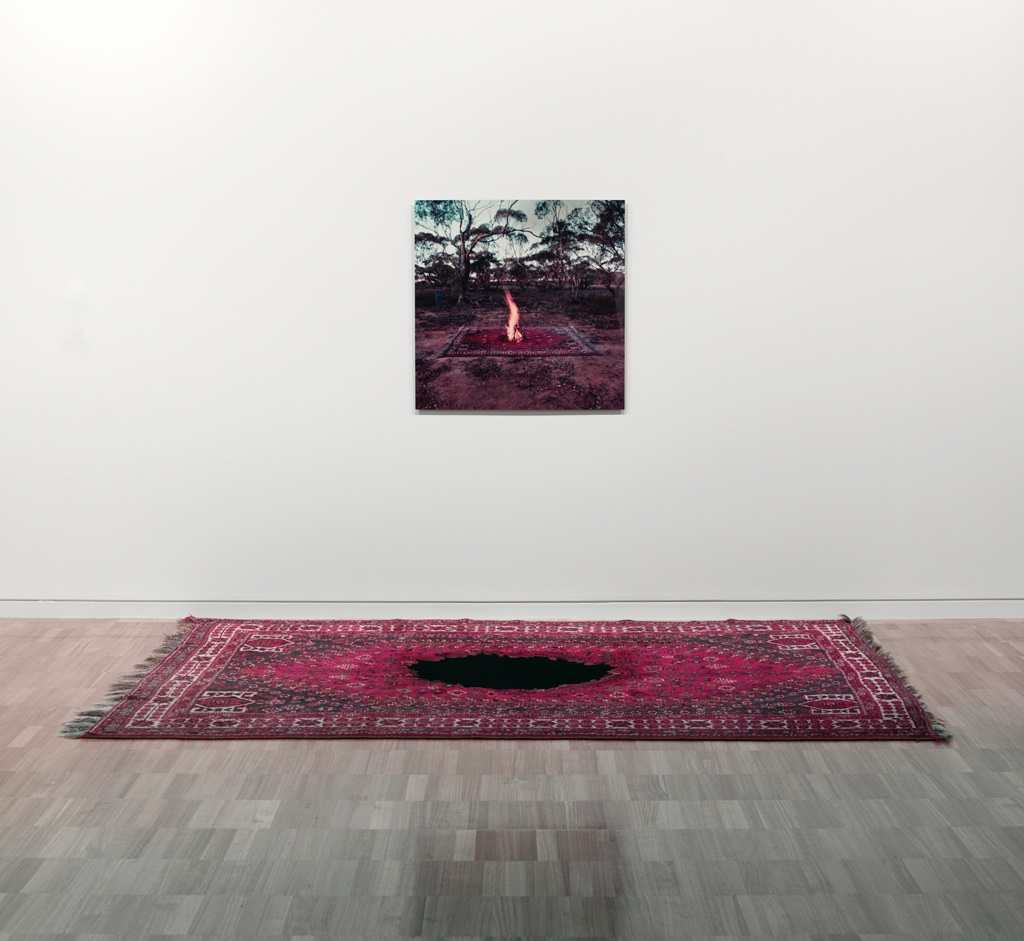Heriot's Ithaka: Soul, Country and the Possibility of Home in To The Islands
Keywords:
Randolph Stow, uncanny, soul, Ithaka, CavafyAbstract
The final line of Randolph Stow's To the Islands - " 'My soul', he whispered, over the sea-surge, 'my should is a strange country'" - has perplexed and fascinated readers and critics for five decades. In 1975 Leonie Kramer found Stow's final sentence to be misplaced: ‘It belongs – if indeed it belongs at all – not at the end of a novel of this kind, but near the beginning'. At a time when interest in Stow and his work is again on the ascendency, this paper investigates what Heriot might have appreciated his soul to be, before arguing that he could not have spoken those resonant words until the very moment when he is blinded by illumination atop the coastal cliff. Heriot walks into homelessness in a quest for home. Like Cavafy's ideal voyager his journey is long and hard, and only once he discovers his soul can he appreciate he has no home. Only then can he understand the true meaning of the islands.Downloads
Issue
Section
Articles
License
The copyright for articles in this journal is retained by the author(s), with first publication rights granted to the journal. By virtue of their appearance in this open access journal, articles are free to use with proper attribution in educational and other non-commercial sectors.Attribution-NonCommercial-ShareAlike 2.1 Australia
This work is licensed under the Creative Commons Attribution-NonCommercial-ShareAlike 2.1 Australia License. To view a copy of this license, visit http://creativecommons.org/licenses/by-nc-sa/2.1/au/ or send a letter to Creative Commons, 543 Howard Street, 5th Floor, San Francisco, California, 94105, USA.
How to Cite
Heriot’s Ithaka: Soul, Country and the Possibility of Home in To The Islands. (2014). Journal of the Association for the Study of Australian Literature, 14(3). https://openjournals.library.sydney.edu.au/JASAL/article/view/10270

